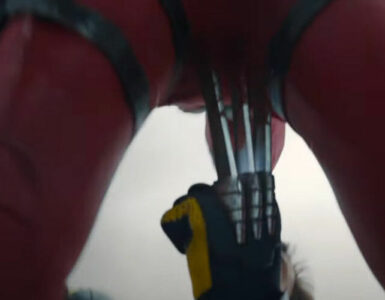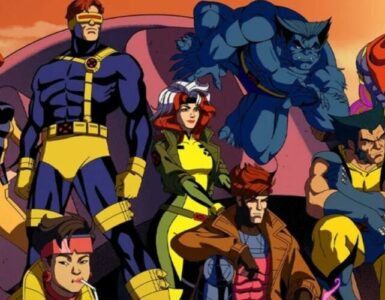This review will contain mild spoilers for X-Men: Days of Future Past. You have been warned, geeks!
The first X-Men film was released almost 14 years ago, more than a decade before the Marvel Cinematic Universe exploded in popularity. Critics and comic-book fans alike generally agree that 20th Century Fox’s superhero offerings have been a mixed bag so far.
On one hand, these films have given us the wonderful combo of Patrick Stewart and Ian McKellen as Professor Xavier and Magneto respectively. Subsequently, James McAvoy’s and Michael Fassbender’s stellar portrayal of their younger counterparts during the Cold War era in First Class have been praised as well. These films have also given us that incredible (for it’s time) Nightcrawler fight scene, and yes, Jennifer Lawrence as young Mystique.
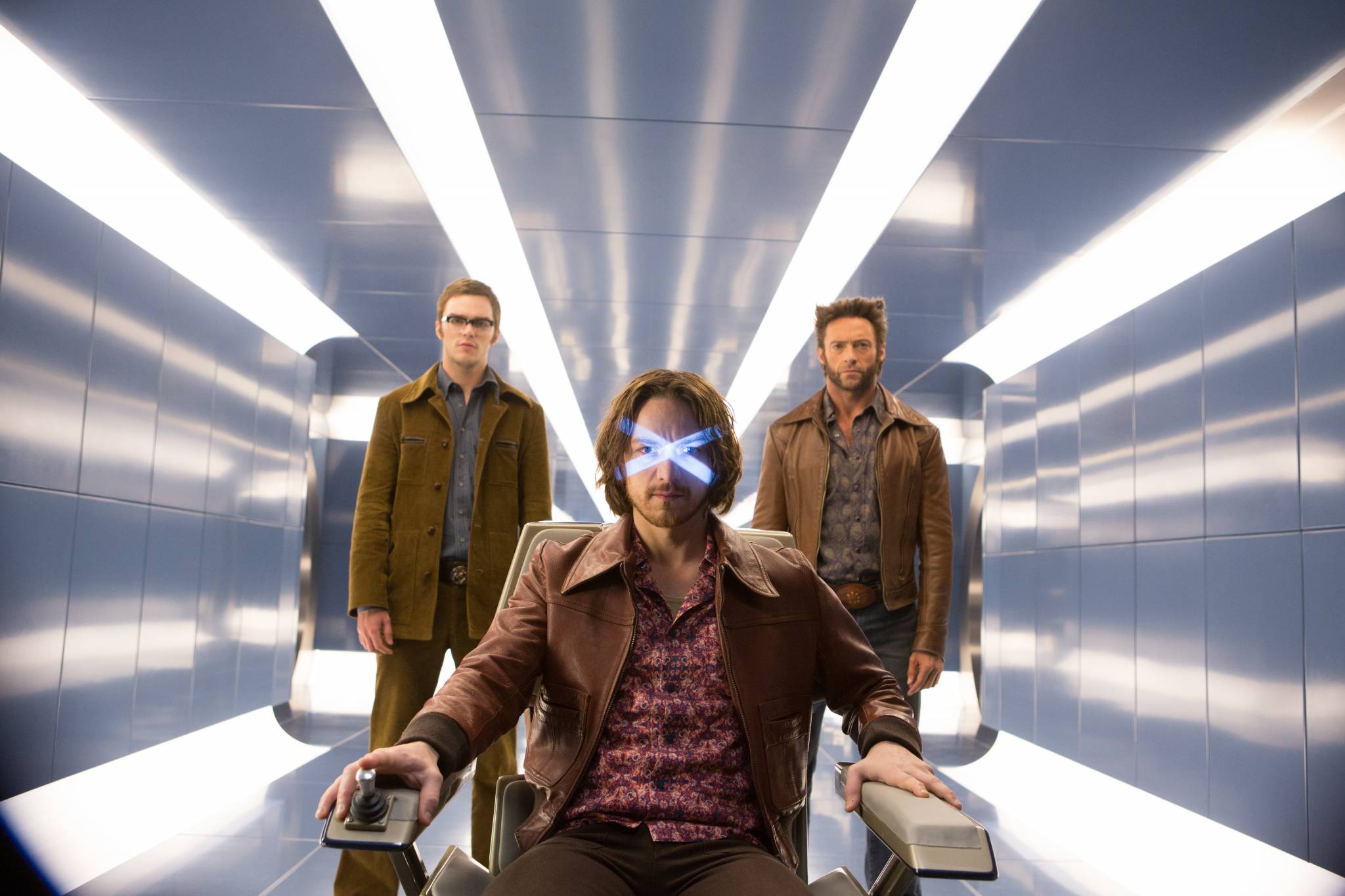 On the other hand, there was the 3rd film’s horrendous treatment of Cyclops. And the over-emphasis on Hugh Jackman’s Wolverine throughout the entire franchise. What about the pointless death and resurrection of Xavier?
On the other hand, there was the 3rd film’s horrendous treatment of Cyclops. And the over-emphasis on Hugh Jackman’s Wolverine throughout the entire franchise. What about the pointless death and resurrection of Xavier?
How about the complete and utter disregard for continuity between the movies? Oh, and Anna Paquin’s Rogue. And who could forget Halle Berry’s little monologue about amphibians versus atmospheric conditions? Should I go on?
Yeah, I’m not a fan of the past X-movies. They’re quite a mess, really.
Especially in this day and age, when Marvel Studios have so clearly shown that superhero movies can be entertaining, yet remain respectful to the source material at the same time. Can the latest entry in the X-Men films match up to the box office juggernaut that is the MCU?
I could simply give you a cop-out answer and tell you that X-Men: Days of Future Past is the best X-movie to date. And it wouldn’t be a lie; after all, the previous movies in the franchise have set the bar rather low, at least in this reviewer’s opinion. With DOFP, the producers have made pretty good use of the one thing that comic book publishers love to fall back on when they realize that they have written themselves into a corner.
I am, of course, referring to the dreaded retcon. That great big reset button in the sky.
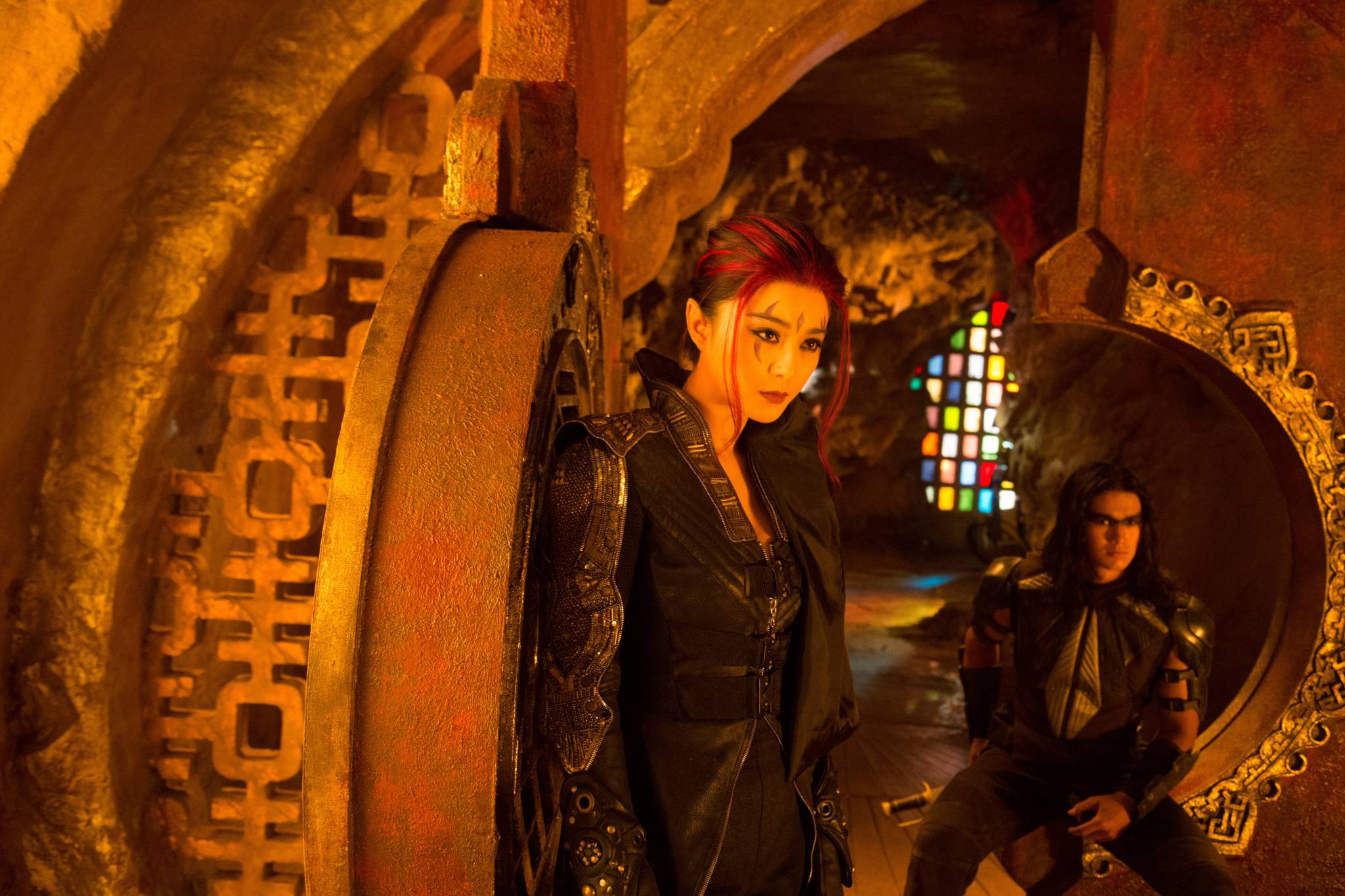 Director Bryan Singer, who by now has to be aware of the many inconsistencies plaguing the series, has decided to wipe the slate clean and essentially start over.
Director Bryan Singer, who by now has to be aware of the many inconsistencies plaguing the series, has decided to wipe the slate clean and essentially start over.
And he chooses to do so in a rather unimaginative, but effective way: by putting to film a much-beloved comic-book story arc from the 1980s that deals with time travel.
While some details have been changed from the comic-book version, the gist of the story remains the same: In the not-so-distant future, mutantkind is on the brink of total annihilation resulting from a brutal war with the Sentinels, humanoid robots that were initially developed by the US government to combat the mutant “menace”.
In a last-ditch effort to end the bloodshed, Wolverine’s mind is sent back in time to the 1970s by Kitty Pryde to inhabit his younger self, and he must find a way to change the past in order to avert the war entirely.
In the realm of comic-book science, this of course makes perfect sense. Contextually, the story holds up fine, even with the changes the screenwriters have made; the biggest of which, once again, draws focus to the over-exposure of Wolverine.
The original plot from the 1981 comic had Kitty Pryde making the trip herself instead of sending Wolverine; clearly, studio execs at 20th Century Fox find Hugh Jackman to be infinitely more bankable than Ellen Page, and thus the change was made.
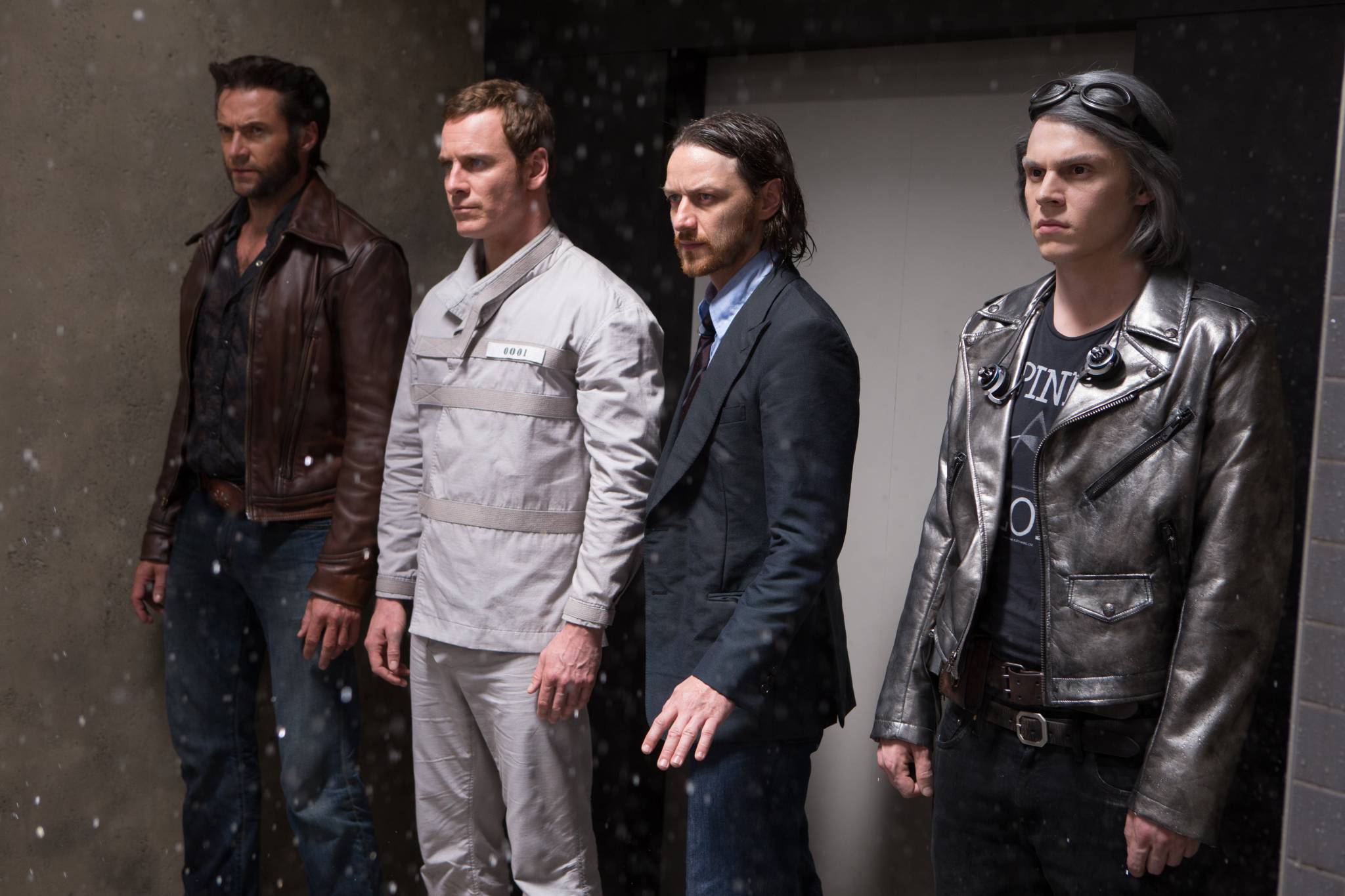 While I might disagree on that (largely due to my personal appreciation for Ms. Page), I will commend the writing team on putting in some effort to reconcile and justify these differences.
While I might disagree on that (largely due to my personal appreciation for Ms. Page), I will commend the writing team on putting in some effort to reconcile and justify these differences.
Wolverine’s shift from support character to protagonist is clearly explained through a few lines of dialogue within the first 10 minutes of the movie, while other questionable elements (e.g, Xavier’s disability, Quicksilver’s anachronistic presence) are handwaved to an acceptable degree.
The absence of heavy-handed exposition is certainly refreshing, especially when compared to past films, and this is precisely why DOFP succeeds where previous entries have failed. It seems like the production team at Fox have finally realized that superhero movies don’t need to take themselves too seriously.
The audience knows that this is a comic-book movie; the audience knows that not everything will make perfect sense, and they’re willing to be taken for a ride as long as the ride is fun. And DOFP is fun, relatively speaking.
Now don’t get me wrong: The entertainment factor in DOFP still has quite a ways to go before it hits the level of, say, The Avengers or The Winter Soldier, but it is a marked improvement from before. To use an analogy: If The Avengers was a roller-coaster, The Wolverine would be a monorail ride. DOFP would fit nicely somewhere in between.
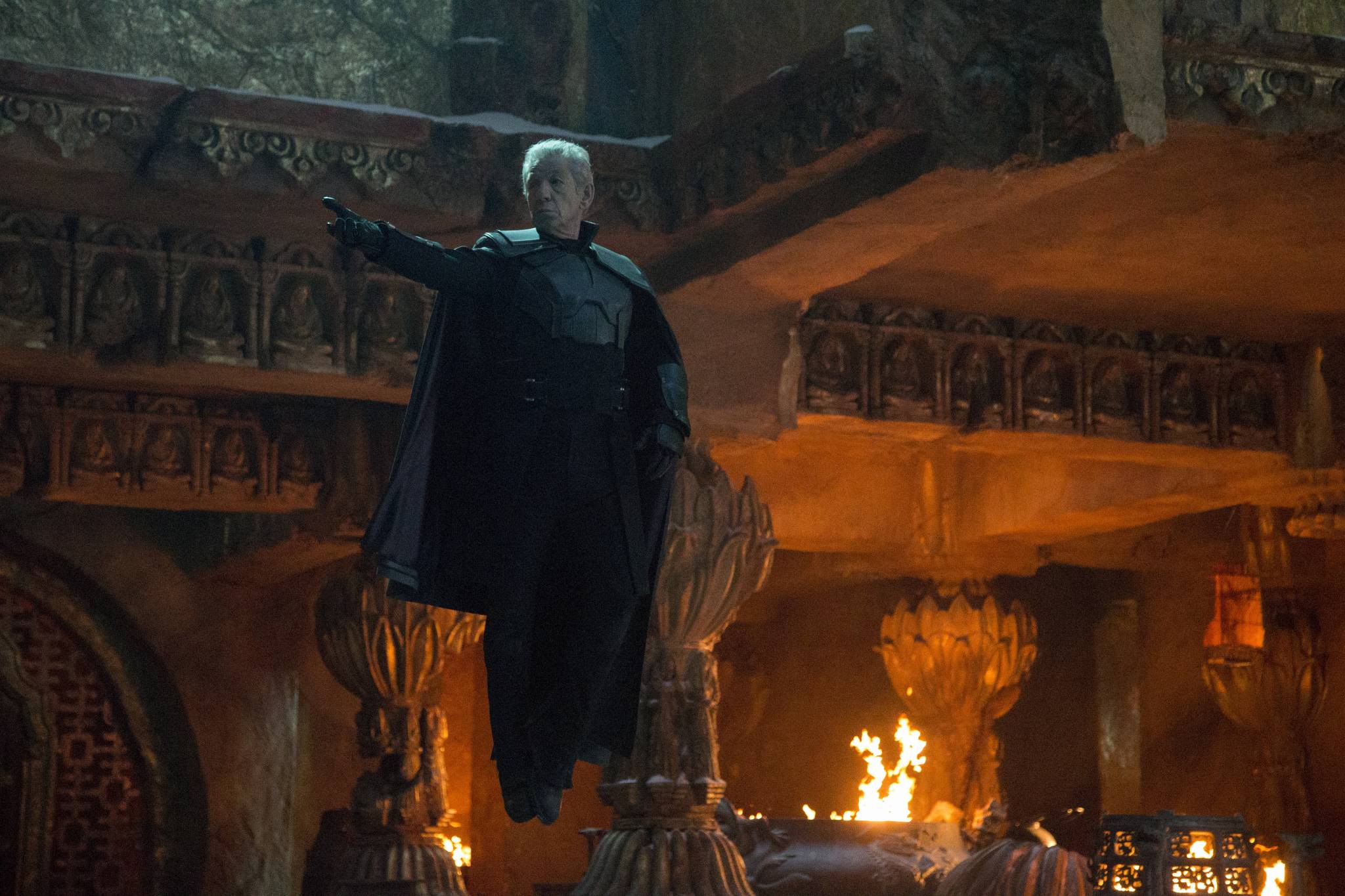 With the exception of a handful of standout performances, such as McAvoy as a dishevelled, drunken, long-haired Xavier, and series newcomer Evan Peters as fast-talking, ADD-channeling Quicksilver, most of the cast are essentially relegated to extended cameo appearances, with little to no character development whatsoever.
With the exception of a handful of standout performances, such as McAvoy as a dishevelled, drunken, long-haired Xavier, and series newcomer Evan Peters as fast-talking, ADD-channeling Quicksilver, most of the cast are essentially relegated to extended cameo appearances, with little to no character development whatsoever.
I honestly can’t say I’m surprised considering the circumstances; combining the cast of the modern-day X-movies with that of First Class must have been a monumental challenge in itself. This is probably the largest ensemble cast to appear in a superhero movie thus far, and non-comic-book fans will likely have some trouble keeping track of every single character.
Visually, the battle scenes set in the future, between the last few surviving mutants and the hyper-advanced Sentinels, are quite the spectacle. However, they are also criminally short; the fight scenes tend to fizzle out and come to an abrupt end just as they were getting good, which can be extremely disappointing.
I get that they were trying to convey just how outmatched the mutants are against nigh-invincible mutant-hunting robots, but still, with the level of VFX that can be achieved today, I was expecting more of an epic showdown instead of what is essentially a curb-stomp.
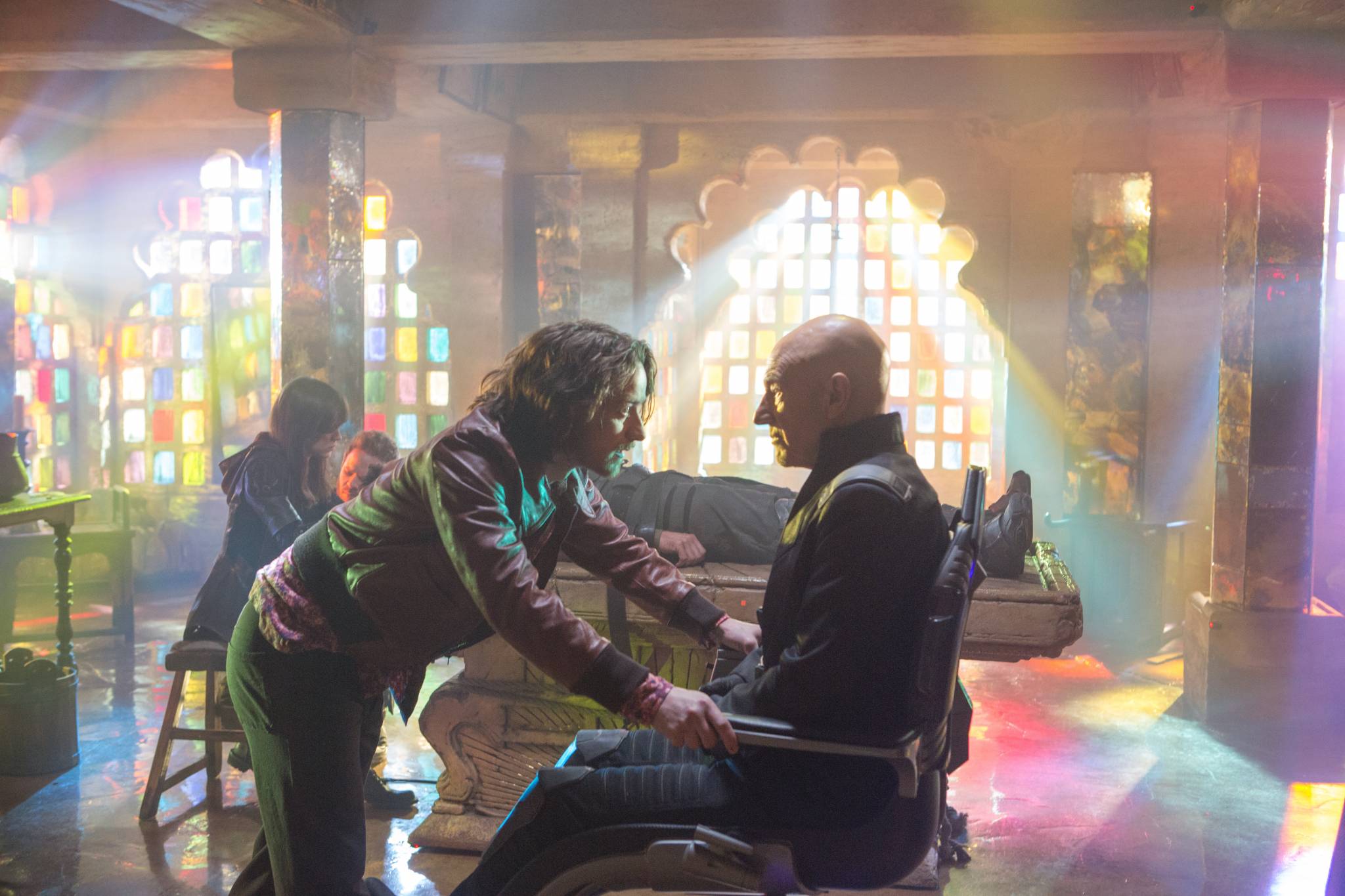 While we are on the subject of action sequences, this is the most violent X-movie by far; I was rather surprised by the brutality of the Sentinels. Without giving away too much, let’s just say that most fights against the Sentinels end really badly for some of our favorite mutants. I actually spent some time wondering how the film managed a PG-rating, which says something.
While we are on the subject of action sequences, this is the most violent X-movie by far; I was rather surprised by the brutality of the Sentinels. Without giving away too much, let’s just say that most fights against the Sentinels end really badly for some of our favorite mutants. I actually spent some time wondering how the film managed a PG-rating, which says something.
X-Men: Days of Future Past is only a decent superhero flick at best, but it delivers on a greater promise: To reboot the X-Men film universe, purge inconsistencies, and re-position the franchise for potential greatness.
Everything is now in place for Fox to deliver a truly amazing sequel in the form of the upcoming X-Men: Apocalypse. Bryan Singer now has a chance to correct the course of the movie franchise that he started, and we can only hope that he will not squander such a golden opportunity.
Summary
X-Men: DOFP is a strange beast. It tries to be everything that it’s predecessors are not, and succeeds somewhat. While that might not be sufficient to elevate it to the status of the first truly-good X-Men movie, it is on the right track and opens up some intriguing possibilities for the upcoming sequel.
Overall
6.5/10-
Story - 6/10
6/10
-
Direction - 7/10
7/10
-
Characterisation - 5/10
5/10
-
Geek Satisfaction - 8/10
8/10
User Review
( votes)Brian loves video games, gadgets, and comic books – in other words, all things geeky. Obsessed with lifting things up and putting them down repeatedly, he also loves ice cream, putting things together, and the occasional good book.



